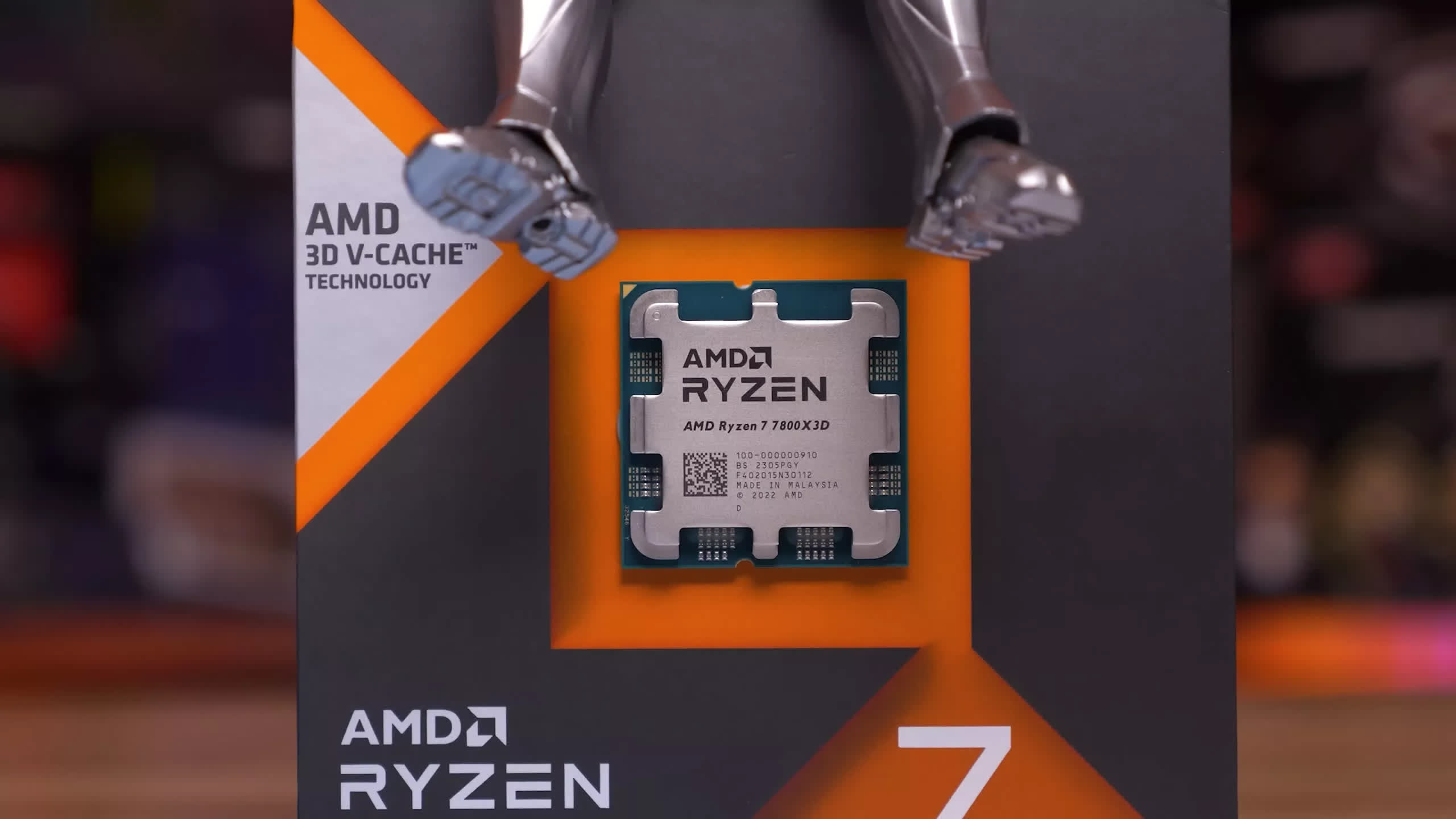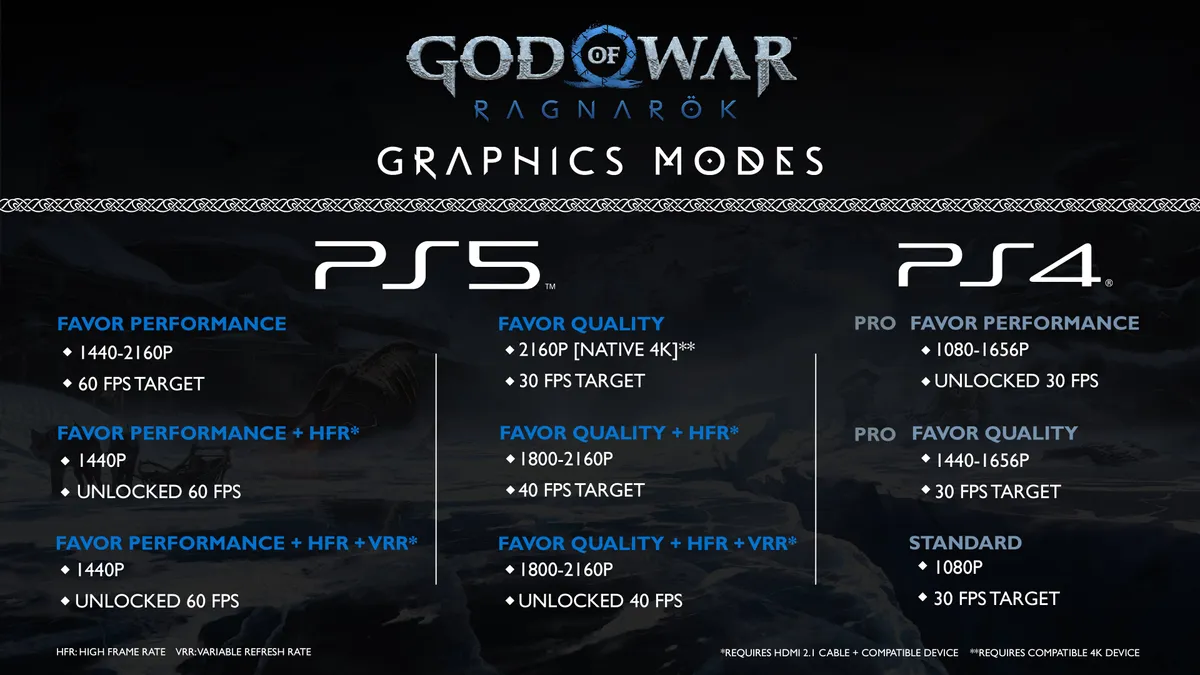Usually we recommend PC gamers on a budget to adopt the min/max strategy. This means spending as little as possible on almost everything, except the GPU, where most of the budget should be allocated.
https://www.techspot.com/review/2790-faster-gpu-vs-faster-cpu/

